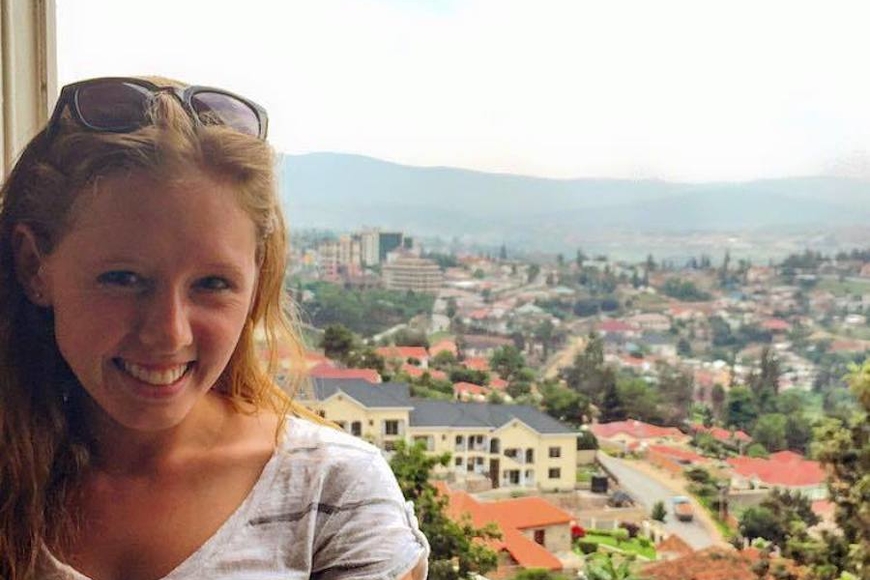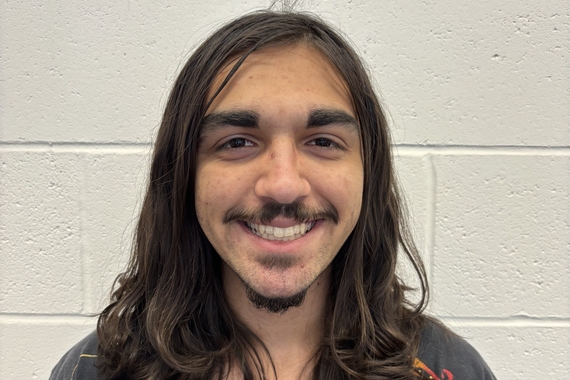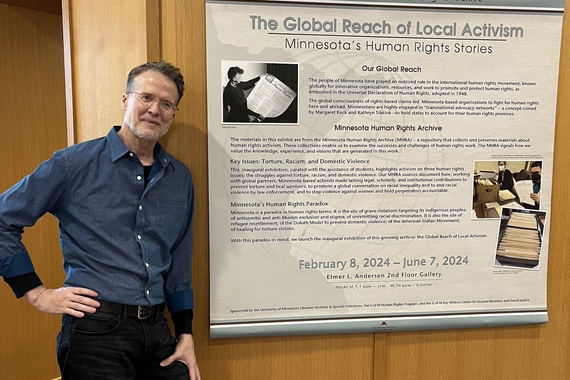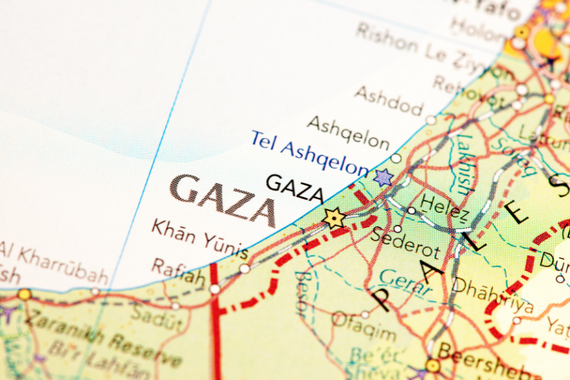A Sociological Human Rights Perspective
Brooke Chambers is a third year PhD student in the Department of Sociology. She is also pursuing a graduate minor in Human Rights.
Human Rights Program (HRP): Where are you currently attending school and how long have you been there? What type of projects/tasks do you work on?
Brooke Chambers (BC): I’m in my third year at the University of Minnesota, working towards a PhD in Sociology and a graduate minor in Human Rights. My own research seeks to better understand the generational effects of mass violence, with a specific focus on the 1994 Rwandan genocide and the young adults who have grown up in its aftermath. I recently received a Fulbright grant for my dissertation research, and I’ll conduct nine months of field work on memory in Rwanda this coming year. I’ll conduct interviews with across the country with Rwandans in their early 20s to better understand the social effects of this violence, and I’ll also study memorial sites and commemorative events.
Aside from my own research, I’m working on a project led by Joachim Savelsberg that studies contestations over memory of past violence, specifically focusing on legal debates about the Armenian genocide. I also help with a Rwandan transitional justice study, which includes research of procedural justice in post-genocide courts and the reentry process of genocide perpetrators following incarceration, led by Hollie Nyseth Brehm (OSU faculty, UMN graduate and Human Rights minor) and Chris Uggen. Outside of research, I coordinate the Holocaust, Genocide, and Mass Violence workshop for the Center for Holocaust and Genocide Studies.
HRP: How do you see your academic experiences playing out in your life today? Are there particular courses/experiences that motivated you and/or prepared you for the work you are currently doing?
BC: The emphasis on human rights at UMN brings together faculty on the cutting edge of both scholarship and practice – I’ve been fortunate to benefit from their expertise, both within and outside of my own disciple. Within the sociology department, Liz Boyle’s course on interdisciplinary approaches to human rights set the foundation for my scholarly understanding of the field. Alejandro Baer’s class on genocide and memory helped me to see where my own interests fit in with the broader field, providing frameworks through which I could place the Rwandan context.
Outside of sociology, a graduate minor in human rights has enriched my research through interdisciplinary coursework. Laws of War, instructed by Fionnuala Ní Aoláin, provided a foundation in the humanitarian law that influences the course of violence. Barb Frey’s human rights advocacy course linked scholarly work and activism, providing strategies to advocate for conflict response in-real-time. These experiences not only help me to better understand violence as it unfolds, but they provide tools to take my work outside of the university and to find and advocate for its usefulness in policy. I came to graduate school with goals of both deeply understanding the sociological causes and effects of violence, and of creating scholarly work that can be useful to those who experience conflict. UMN’s human rights focus is helping me strive for these goals.
HRP: What have been some of the biggest learning moments and takeaways for you in your academics?
BC: The study of violence is a pursuit with both intellectual and emotional hurdles. The Human Rights Program is a key player in a community at UMN that makes such work possible. Alongside its partners, it cultivates supportive communities for undergrads, graduate students, and faculty. Both within and outside the classroom, this has been both a crucial tool and a valuable lesson in the importance of partnership.
For me, this is most clear in the Holocaust, Genocide, and Mass Violence working group. This space allows graduate students the space to collaboratively work on their research by presenting ongoing work to colleagues and instructors. And in this space, we speak about not only research, but the emotional challenges of studying mass violence. This space builds on academic lessons, to apply what we’ve practiced into our own work, across disciplinary boundaries. And even more, it’s a reminder of the rich community of people striving for a more just and peaceful world. I’ve learned that such partnerships can prove essential in motivating and sustaining difficult research.
*Responses have been edited for length and clarity



